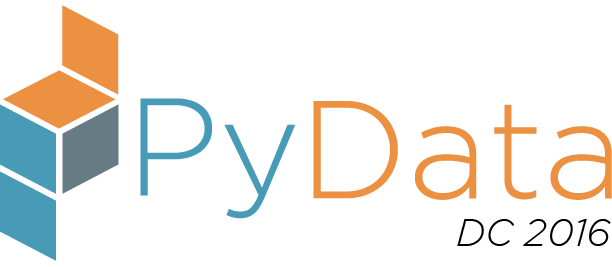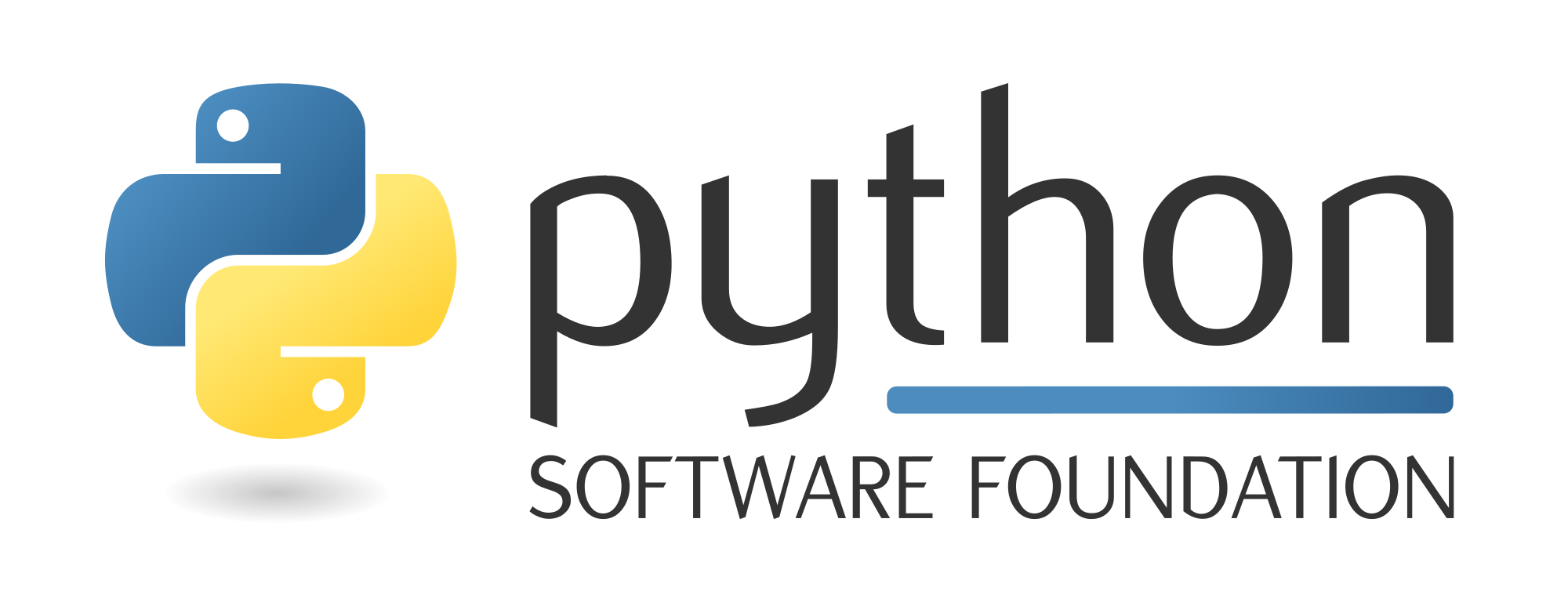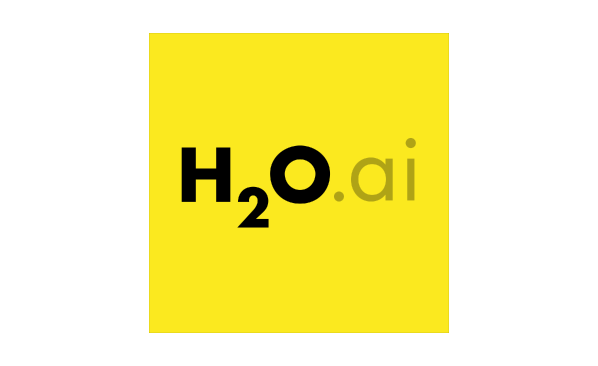Saturday 11:00 AM–11:45 AM in Room #370B/C (3rd Floor)
JupyterLab: Building Blocks for Interactive Computing
Jason Grout
- Audience level:
- Intermediate
Description
JupyterLab is an extensible web application (still in alpha) for scientific computation. Users arrange multiple notebooks, editors, terminals, and custom components with tabs, splitters, and sidebars. JupyterLab also has a file browser, command palette and quick help system. We demonstrate JupyterLab and recent developments and show how JupyterLab fits in the vision of the Jupyter project.
Abstract
Project Jupyter provides building blocks for interactive and exploratory computing. These building blocks make science and data science reproducible across over 40 programming language (Python, Julia, R, etc.). Central to the project is the Jupyter Notebook, a web-based interactive computing platform that allows users to author data- and code-driven narratives - computational narratives - that combine live code, equations, narrative text, visualizations, interactive dashboards and other media. JupyterLab (still in alpha) goes beyond the notebook and provides a modular, extensible, and performant web application with a set of reusable components, including a notebook, console, text and code editor, and terminal. Users can arrange multiple notebooks, text editors, terminals, output areas, and custom components using panels, tabs, splitters, and collapsible sidebars. JupyterLab also provides a file browser, command palette and integrated help system. The codebase and UI of JupyterLab is based on a flexible plugin system provided by PhosphorJS that makes it easy to extend with new components. In this talk, we will demonstrate the JupyterLab interface, its codebase and recent developments, and describe how it fits within the overall vision of Project Jupyter.










